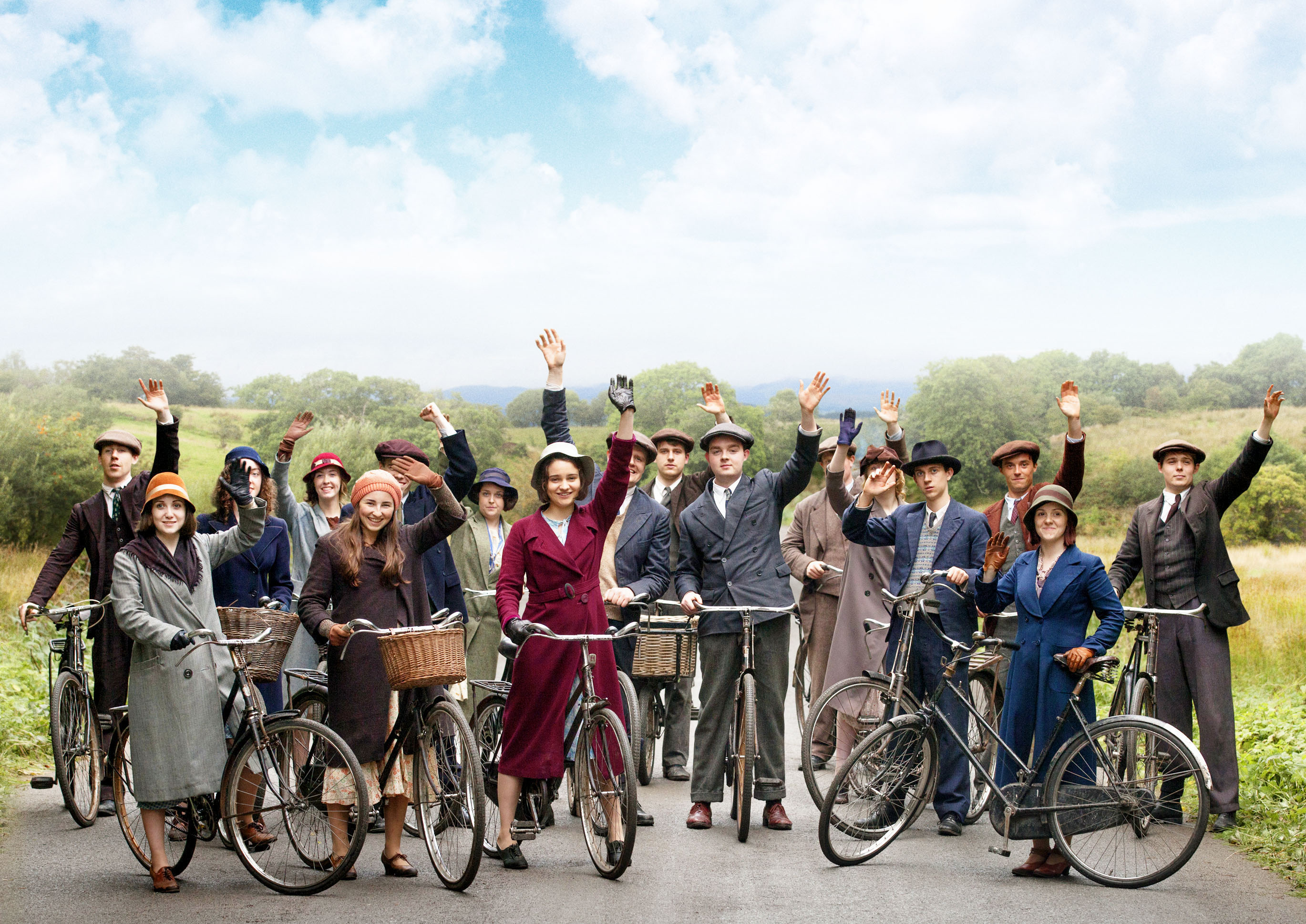"Jimmy's Hall" is a glimpse into Ireland in 1932 when the country was in a relative lull between wars, turmoil and strife. Director Ken Loach has consistently worked to bring the lives of the United Kingdom's working class to cinema screens. "Jimmy's Hall" is his second foray into Ireland following "The Wind That Shakes the Barley" in 2006. Loach's new film fleshes out his fascination with real-life Irish political activist Jimmy Gralton (played by Barry Ward). After many confrontations with the local police and other authority figures, Gralton left Ireland in 1922 and spent a decade in New York as a political exile. The story told in "Jimmy's Hall" begins when he returns to his hometown of Leitrim, a village in Ireland's Border Region.
The film shows Gralton, in his 30s, reuniting — platonically — with his ex-girlfriend Oonagh (Simone Kirby), who is now married with kids. Oonagh is tired and overworked but in Jimmy's presence she feels a zest for life that had been dormant for the past 10 years. She's not the only one — others in the local community are excited by Jimmy's homecoming and press him to reopen the church hall that he had fixed up before leaving. It was a place where the village could hold dance parties, boxing and art classes, concerts and poetry readings. Big problems ensue when the local Catholic priest, Father Sheridan (Jim Norton), tries to quash Jimmy’s renovation plans on the grounds that the hall will be a den of “shameful gyrating” and subversive jazz instead of traditional Irish dance and music. It's like the Middle Ages all over again, with Father Sheridan accusing Jimmy and the hall-goers of being "atheists and whores." Jimmy fights patiently for free speech and freedom of thought, but it's a long, arduous and ultimately losing battle.
Ward brings a suitable warmth to the character of Gralton, who never lets his political passion get in the way of a personal nonviolent code of honor.



